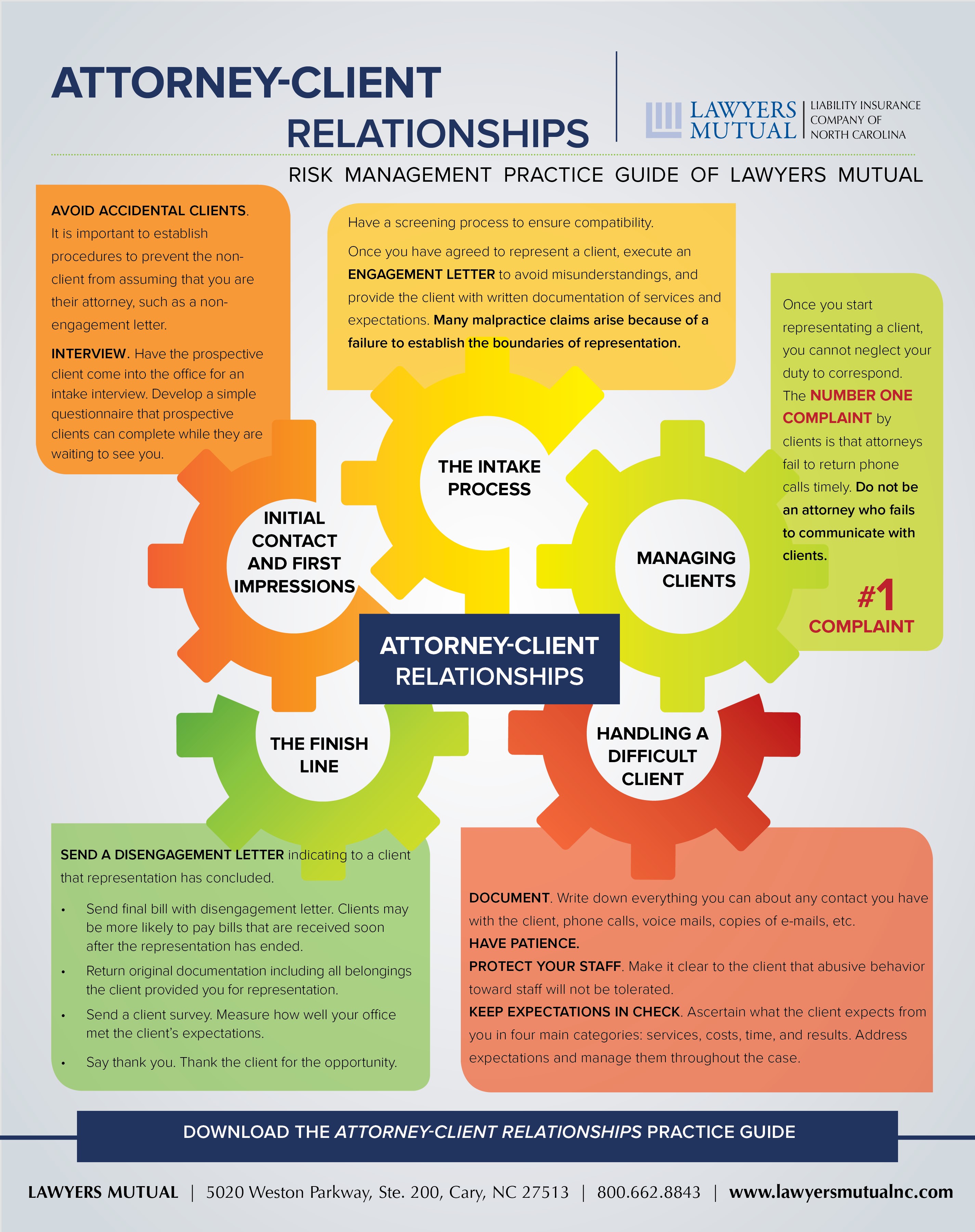The Criminal Trial Process Explained: A Sequential Review Of Each Action
The Criminal Trial Process Explained: A Sequential Review Of Each Action
Blog Article
Content Create By-Winters Schmitt
When you step into a criminal trial, you could be shocked by the structured process that unravels. All of it starts with court option, where prospective jurors are inspected for prejudices through a technique called "voir dire." Afterwards, both sides provide their opening declarations, setting the stage for the proof and testimonies to adhere to. You'll see how the prosecution and defense build their instances, however what takes place next can dramatically impact the end result. Comprehending https://www.washingtonpost.com/local/court-will-pick-up-tab-for-mosbys-witnesses/2022/07/07/53b1944c-fda6-11ec-a07f-799ab6d06557_story.html can expose the intricacies of justice, however there's even more to reveal about the critical moments that follow.
Court Selection Process
When it pertains to the court selection process, you're diving right into an important phase of a criminal test. This procedure, often called "voir dire," includes wondering about prospective jurors to guarantee they're unbiased and capable of providing a reasonable verdict.
You'll see both the prosecution and defense attorneys taking part proactively, each intending to select jurors that line up with their situation's story.
Throughout voir dire, you'll discover that attorneys ask concerns regarding jurors' histories, ideas, and experiences. Their goal is to identify any pre-existing prejudices that might influence a juror's decision. As a juror, you could feel a mix of anxiousness and inquisitiveness, however your honesty is crucial.
After questioning, attorneys can challenge details jurors for cause if they think a juror can't stay impartial. Read A lot more can also utilize a restricted variety of peremptory difficulties to disregard jurors without mentioning a reason.
Test Phases Explained
The stages of a criminal trial play an essential duty in making sure a reasonable and organized procedure.
You'll initially encounter the opening declarations, where both the prosecution and protection detail their cases. This sets the stage for what's to come.
Next, the prosecution provides its proof and witnesses, intending to show the accused's regret past an affordable doubt. You'll see straight exam followed by interrogation, enabling both sides to challenge the presented info.
After the prosecution rests its situation, it's the defense's turn. They'll offer their evidence and witnesses, frequently focusing on producing affordable uncertainty. lawyers for felony charges near me 'll notice that the protection does not need to verify innocence; they simply require to challenge the prosecution's case.
Once both sides have actually provided their debates, you'll hear shutting statements, where each event summarizes their instance. This is critical as it strengthens their positions before the jury ponders.
Throughout these stages, the judge makes sure that the test complies with legal requirements which the civil liberties of both events are protected.
Recognizing these stages will help you value the intricacies associated with a criminal trial and the importance of each action in the search of justice.
Verdict and Sentencing
Besides evidence has actually been presented and disagreements made, the jury or judge provides a judgment, figuring out the offender's regret or virtue. If you belong to the jury, you'll ponder with your other jurors, discussing the evidence and your impressions. This process can take time, as you'll intend to guarantee every person settles on the judgment based upon the realities.
When a decision is reached, it's introduced in court. If the offender is condemned, the next stage is punishing. This is when the court makes a decision the ideal punishment. You may see that various elements influence the sentence, such as the severity of the criminal activity, the accused's past document, and any type of mitigating circumstances.
The judge might enforce a series of sentences, from fines and social work to jail time. In some cases, the defense or prosecution can provide debates concerning sentencing, trying to sway the judge's choice.
If the defendant is found not guilty, they're acquitted, and no punishment follows. Keep in mind that a guilty decision can usually result in appeals, where the offender may challenge the judgment or the sentence enforced.
Conclusion
In a criminal trial, you have actually seen how important each step is, from court choice to the last verdict. You've complied with the prosecution and defense as they build their cases, intending to encourage the jury. When deliberation finishes up, the verdict figures out the end result, and if the offender is condemned, the sentencing stage begins. Recognizing these processes assists you appreciate the intricacies of the justice system and the importance of each role in making certain a fair test.
